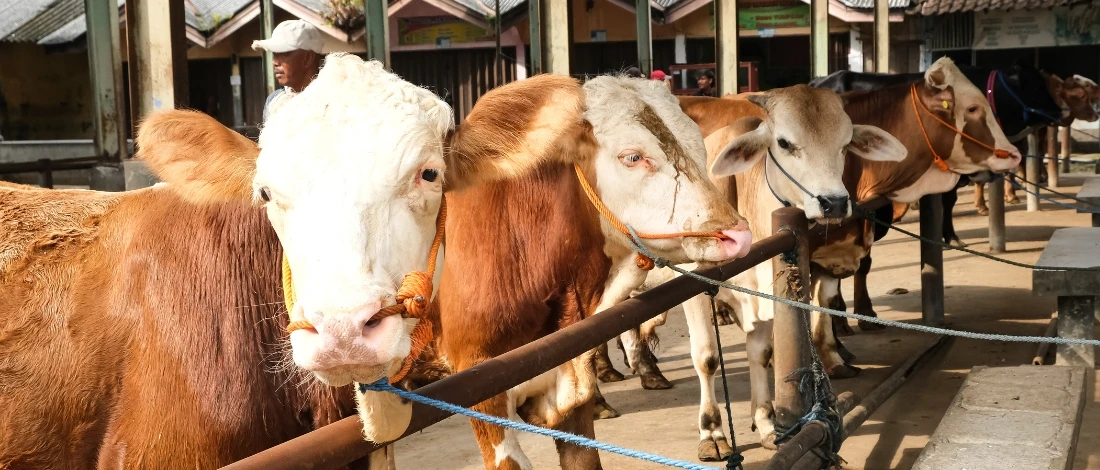Beef’s Role in Meeting Nutritional Needs Across Key Life Stages
Three recent studies published in Nutrients reinforce the importance of beef in addressing nutrient deficiencies during critical life stages.
Adolescents (14-18 Years Old)
Adolescents face unique nutritional demands during growth and hormonal changes, often leading to deficiencies in key nutrients like iron and zinc.
The study found that adolescents consuming beef daily had a 15% higher intake of essential nutrients like calcium, iron, and vitamin B12, compared to non-beef consumers, highlighting beef’s role in supporting healthy development.
Pregnant and Lactating Women
Proper nutrition is crucial for maternal and child health. The research showed that over 95% of pregnant and lactating women who consumed beef met nutrient recommendations for zinc, calcium, protein, and iron.
Incorporating 1.74 ounces of beef into their daily diet could help 830,000 women overcome zinc inadequacy.
Older Adults (60+ Years)
Nutrient deficiencies are common among older adults, impacting health and quality of life.
The study revealed that beef consumers were more likely to meet daily nutrient recommendations for protein, vitamin B12, and other essential nutrients, helping support healthy aging and reducing dietary gaps.
Conclusion
Beef’s nutrient density makes it a vital part of balanced diets for all age groups, delivering high-quality protein, iron, zinc, and B vitamins.
Dr. Shalene McNeill of the National Cattlemen’s Beef Association emphasizes beef’s unique role in nourishing Americans at every stage of life.
Want to optimize your nutrition at every age? Visit our homepage for guidance, recipes, and the science behind beef’s role in a balanced diet.






